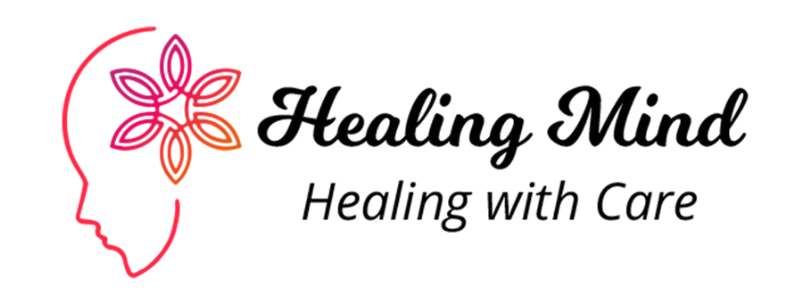Services Details
//
Get Our Help
Lorem ipsum dolor sit amet, do eiusmod tempor incididunt ut labore et dolore magna aliqua
+91 85910 46126

Stress Management
Stress is an inevitable part of our lives, but do you know that stress can start affecting our mental and emotional health?
Stress can be classified in 2 types, namely, Eustress and Distress i.e. good stress and bad stress. While the good stress helps us, the bad one harms us. The solution is not to be completely aloof or staying away from stress, but to learn how to manage stress.
The 2023 Health on Demand report which surveyed over 17,500 employees in 16 markets across the globe, including more than 5,200 employees from Asia, highlights the need to address burnout by ensuring psychological safety in the workplace. (PeopleMatters).
Stressors have a major influence upon mood, our sense of well-being, behavior, and health. The relationship between psychosocial stressors and disease is affected by the nature, number, and persistence of the stressors as well as by the individual’s biological vulnerability (i.e., genetics, constitutional factors), psychosocial resources, and learned patterns of coping. Psychosocial interventions have proven useful for treating stress-related disorders and may influence the course of chronic diseases. (Neil Schneiderman, 2008)
Stress affects all systems of the body – APA.
Research has extensively explored the effects of stress on mental and emotional health, highlighting the significant impact it can have on individuals. Here are some key findings from research studies:
Anxiety and Depression: Chronic stress has been strongly linked to the development of anxiety disorders and depression. Research suggests that prolonged exposure to stress hormones, such as cortisol, can disrupt neurotransmitters in the brain, leading to mood disorders.
Cognitive Functioning: Stress can impair cognitive function, including memory, attention, and decision-making. High levels of stress have been associated with difficulties in concentration, decreased problem-solving abilities, and reduced productivity.
Sleep Disturbances: Stress can disrupt sleep patterns and contribute to insomnia. Research indicates that individuals experiencing high levels of stress often have difficulties falling asleep, staying asleep, or achieving restful sleep, which further contributes to fatigue and emotional distress.
Substance Abuse: There is a strong correlation between stress and substance abuse. Many individuals turn to alcohol, drugs, or other addictive behaviors as a means of coping with stress. Substance abuse can exacerbate mental health issues and create a cycle of dependency.
Physical Health Consequences: Prolonged stress can lead to a range of physical health problems, such as cardiovascular issues, weakened immune system function, digestive disorders, headaches, and chronic pain. The mind-body connection highlights the interplay between mental and physical well-being.
Psychosocial Impact: Stress can strain relationships, both personal and professional. Research suggests that individuals under high stress levels may experience difficulties in interpersonal communication, increased conflict, and decreased satisfaction in their relationships.
Decreased Well-being and Quality of Life: Chronic stress has a negative impact on overall well-being and quality of life. It can diminish one’s sense of happiness, contentment, and fulfillment, leading to a reduced quality of life and decreased life satisfaction.
Vulnerability to Mental Health Disorders: Stress is considered a significant risk factor for the development or exacerbation of various mental health disorders, including post-traumatic stress disorder (PTSD), panic disorder, and obsessive-compulsive disorder (OCD).
It’s important to note that everyone responds to stress differently, and the effects can vary depending on individual resilience, coping strategies, and support systems. Nonetheless, these research findings emphasize the importance of stress management and prioritizing mental and emotional well-being.
//
Satisfaction Guarantee
Lorem ipsum dolor sit amet, consectetur adipiscing elit, sed do eiusmod tempor incididunt labore dolore.
//
Satisfaction Guarantee
Lorem ipsum dolor sit amet, consectetur adipiscing elit, sed do eiusmod tempor incididunt labore dolore.

Other Features
Lorem ipsum dolor sit amet consectetur elit eiusmod tempor incididunt.
- Behavior of your child
- Not being able to understand what your child wants to express
- Not being able to understand what your child wants to express
- Not being able to establish healthy communication with your child
- Troubles with teenagers

